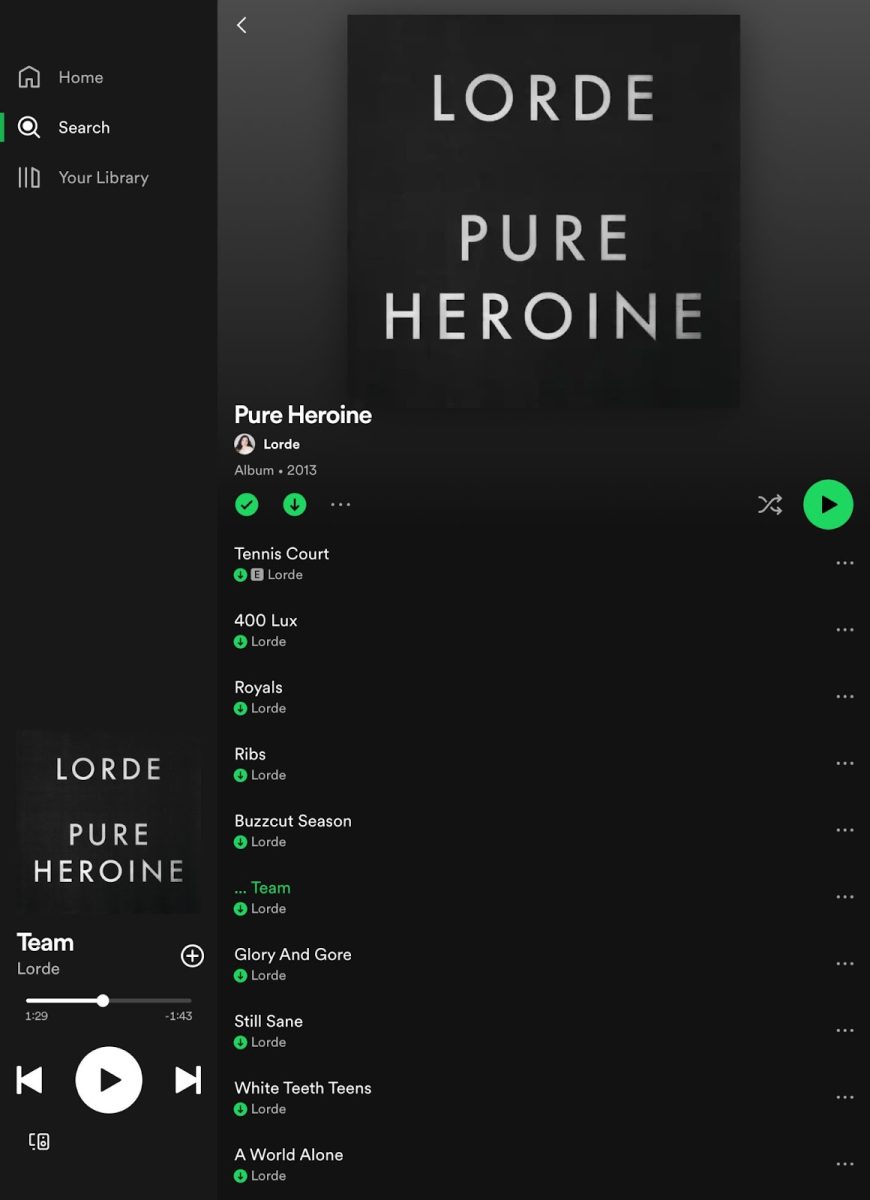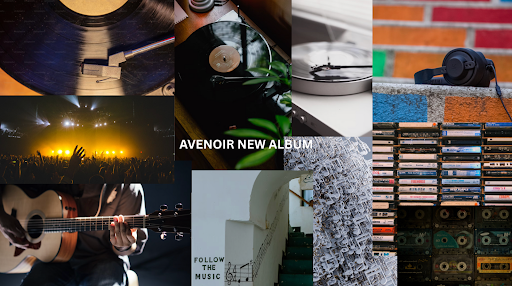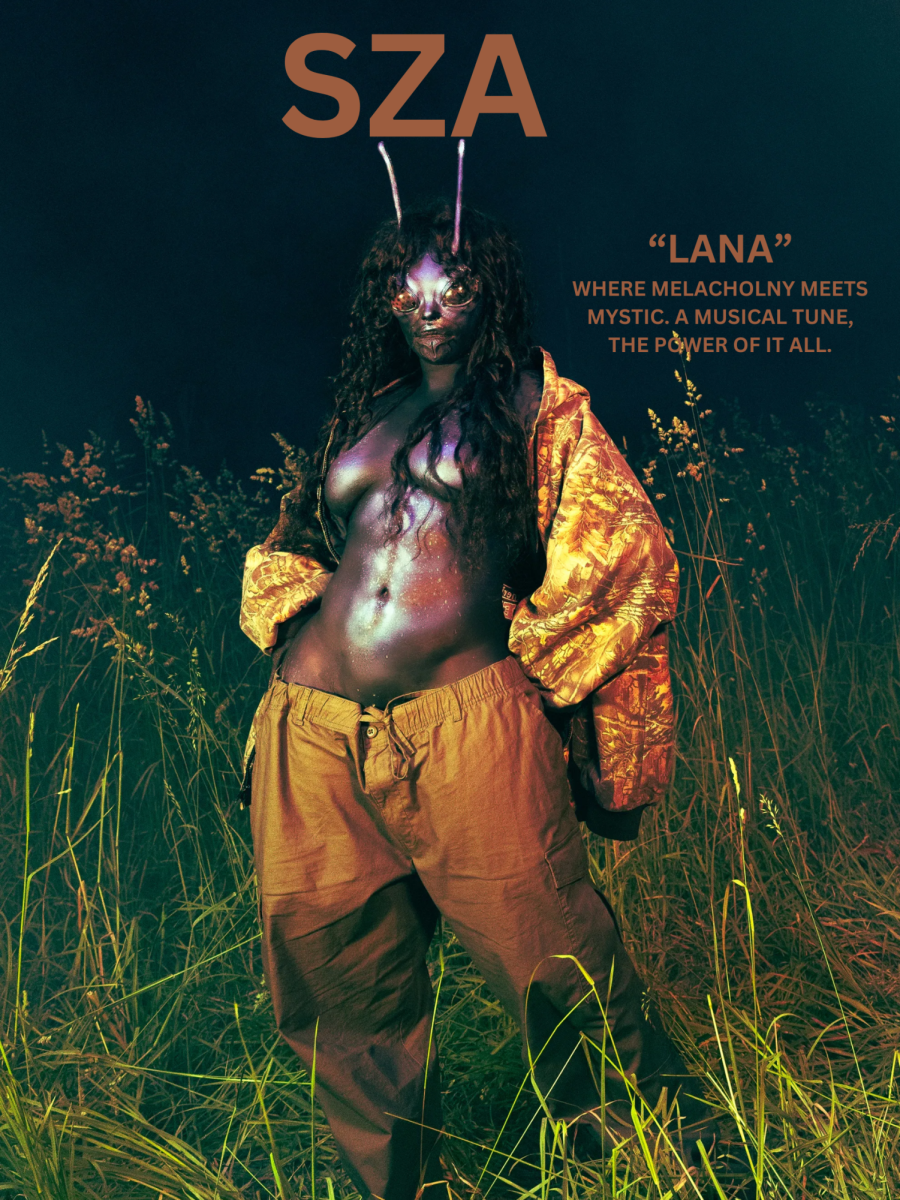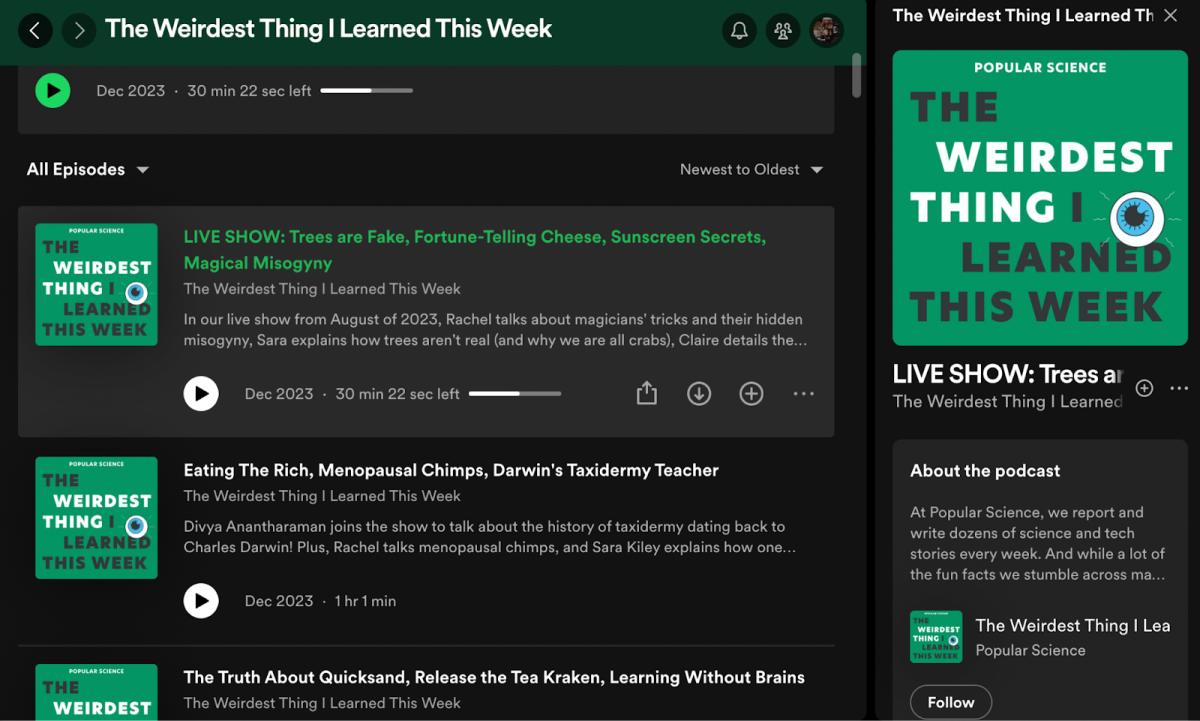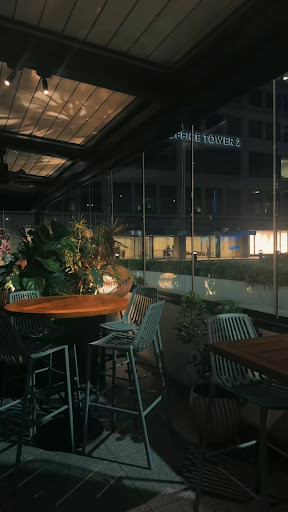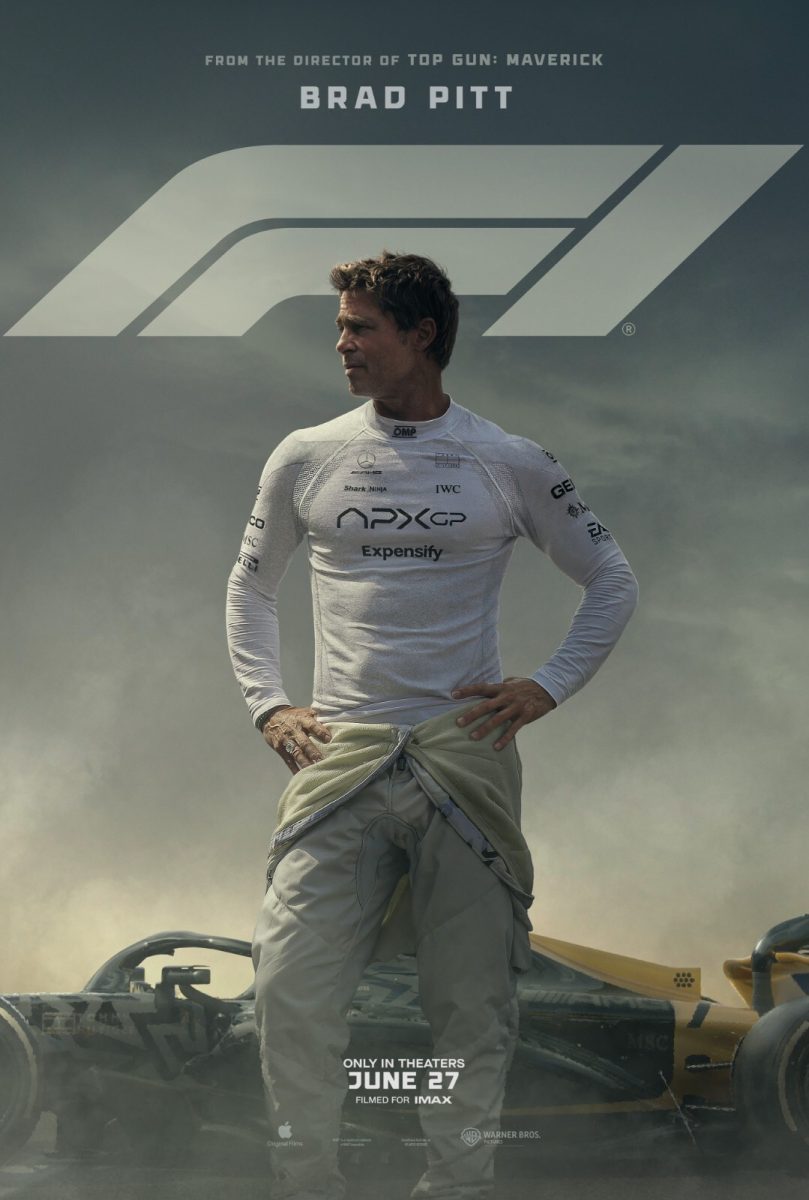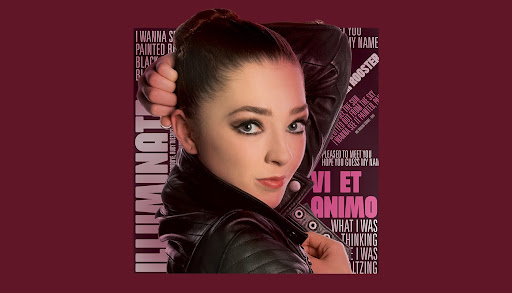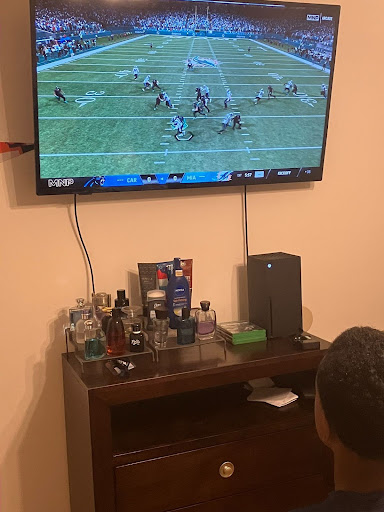Before Billie Eilish swept the Big Four at the Grammys, before Olivia Rodrigo became a teenage pop supernova, there was Lorde, the original teenage popstar.
The New Zealand-born singer-songwriter Ella Yelich-O’Connor, also known as Lorde, shook up the pop music landscape of the early 2010s with her dream pop melodies sharply contrasting the upbeat dance/rap tracks of the time, such as Macklemore’s Thrift Shop, Miley Cyrus’s We Can’t Stop or Katy Perry’s Roar. At just 17, Lorde’s debut single “Royals” was a massive hit worldwide, making her the youngest artist to earn a number-one single in the United States since Tiffany in 1987.
It’s officially been a decade since Lorde dropped her groundbreaking debut album Pure Heroine on September 27, 2013. The album features ten songs and four singles that lyrically discuss youth and critiques of mainstream culture.
We often associate the sound of youth with passionate melodies, the extravagant sound of electric guitars and the explosive noise of pop. However, Pure Heroine was different. Lorde chose to build an album around minimal production, deep bass, and programmed beats. Lorde’s Pure Heroine is a powerful declaration for youth. She has flawlessly connected her emotions to her teenage audience through the stories of escapism, loss, guilt, disorientation, nostalgia, and the exploration of existential crisis. It would be no exaggeration to say that Pure Heroine has soundtracked the youth culture of the 2010s; with more than three million copies sold worldwide since its release and one Grammy nomination for Best Pop Vocal Album.
At the age of 17, Lorde was extremely accomplished but the most valuable thing she built was the “aesthetic value” surrounding heartbreak, youth, and solitude. This aesthetic made Lorde one of the ‘manifestos’ for an entire generation stuck in teenage troubles.
Overall, I would give Pure Heroine a solid 8/10; my experience with this album is widely different from everything else in the mainstream at the time. Throughout this album, although there are some bright moments and positive aspects, it’s also deeply flawed. In my opinion, the album has lacked consistency; the album production is impressive (no doubt), but Lorde just uses it so well that every track on Pure Heroine feels like it’s more significant than the sum of its parts. However, she still perfectly captures our teenage struggles without stumbling into the trap of angst or immaturity. If you’re interested, go give it a try; my recommended tracks will be Ribs, Royals, Team and Tennis Court.

